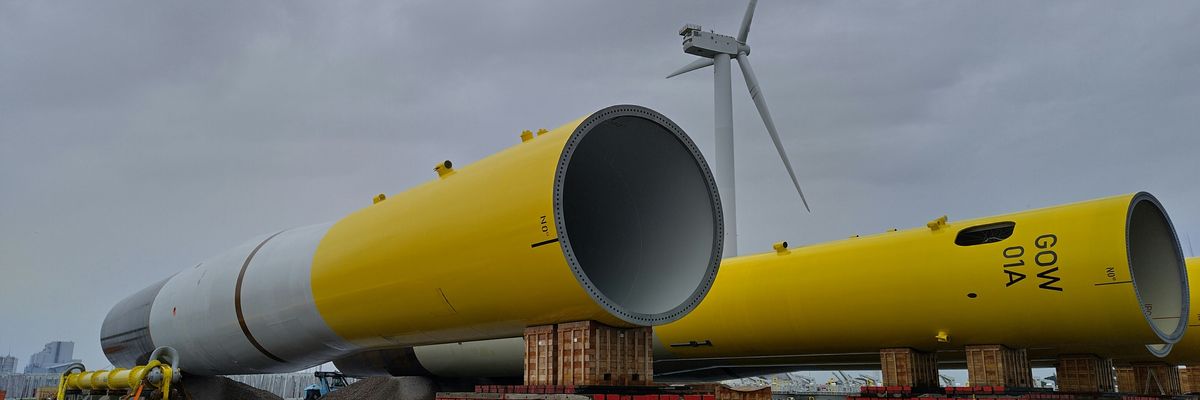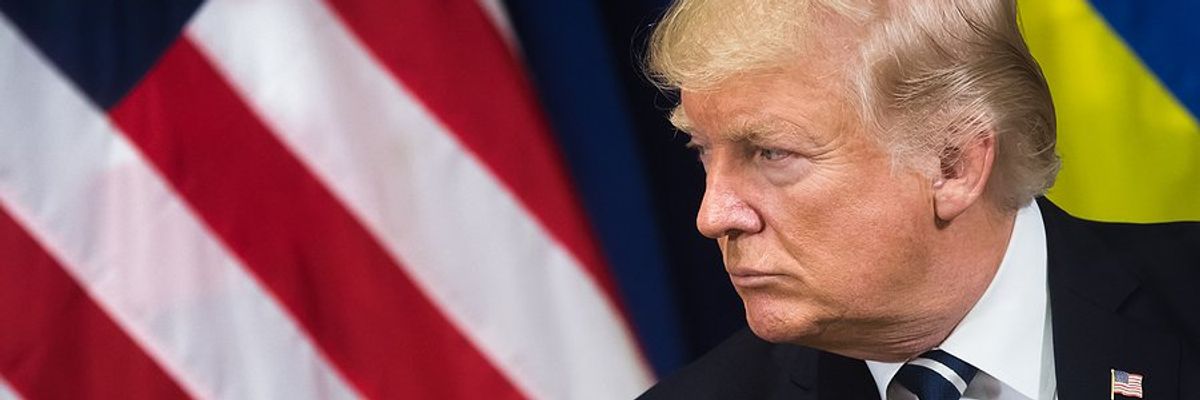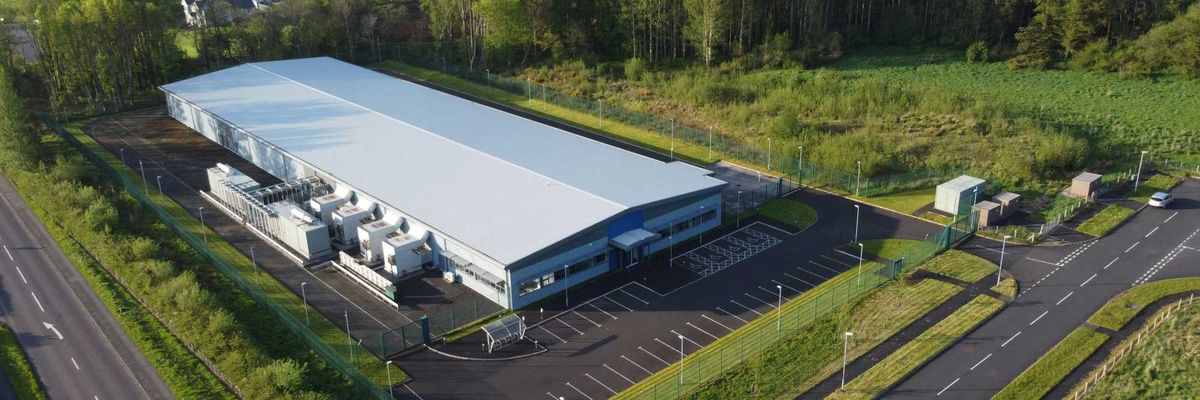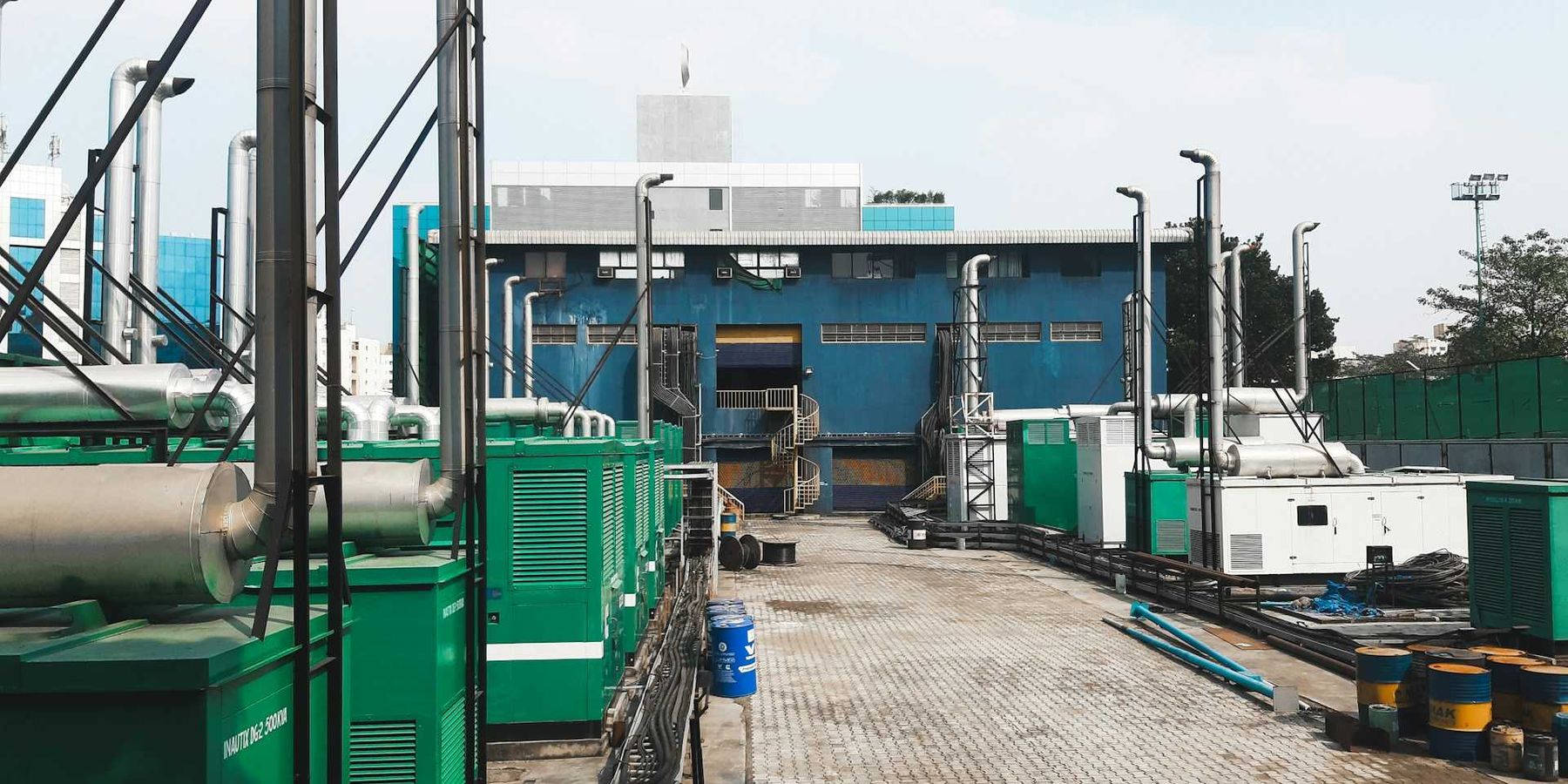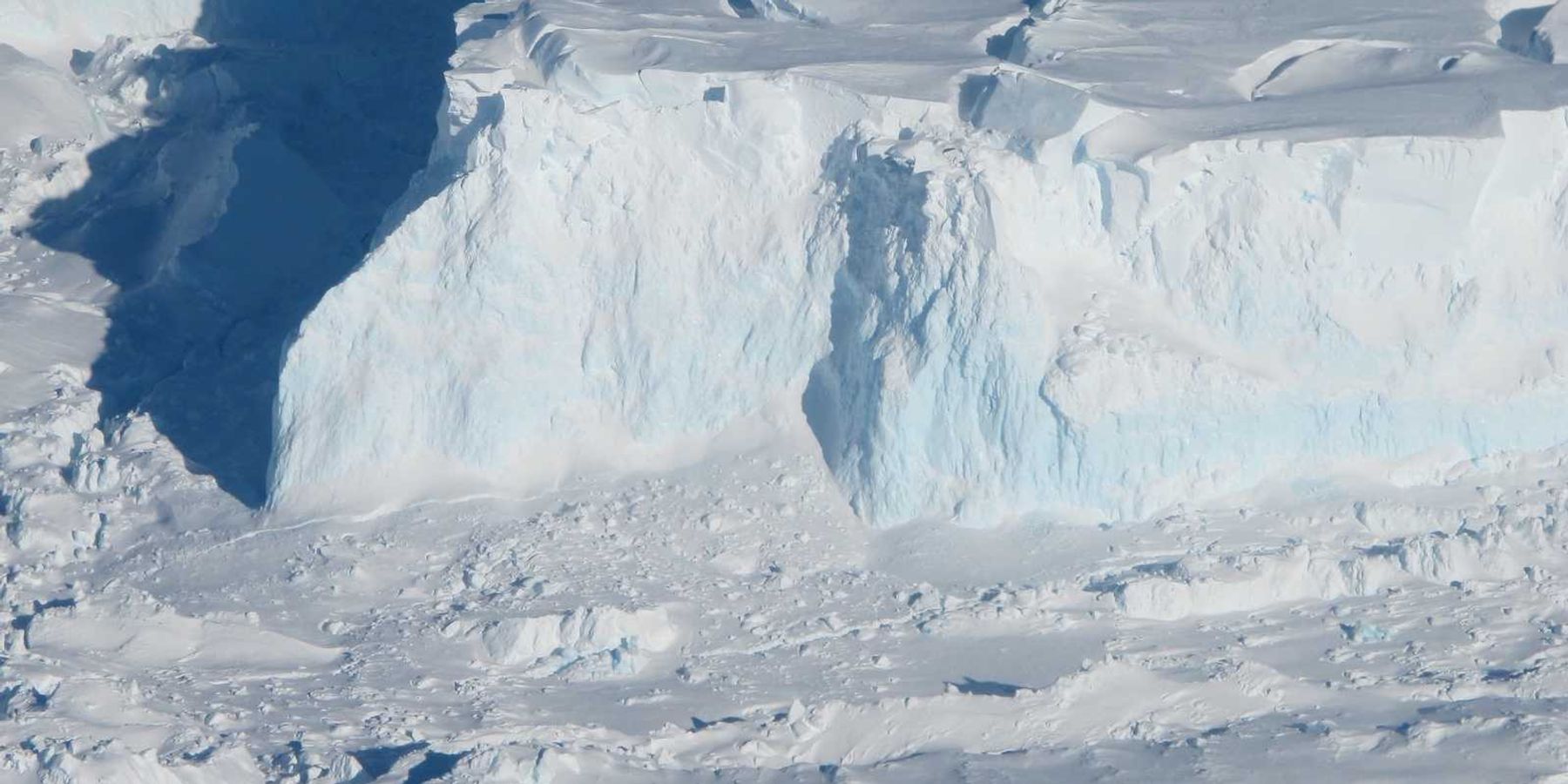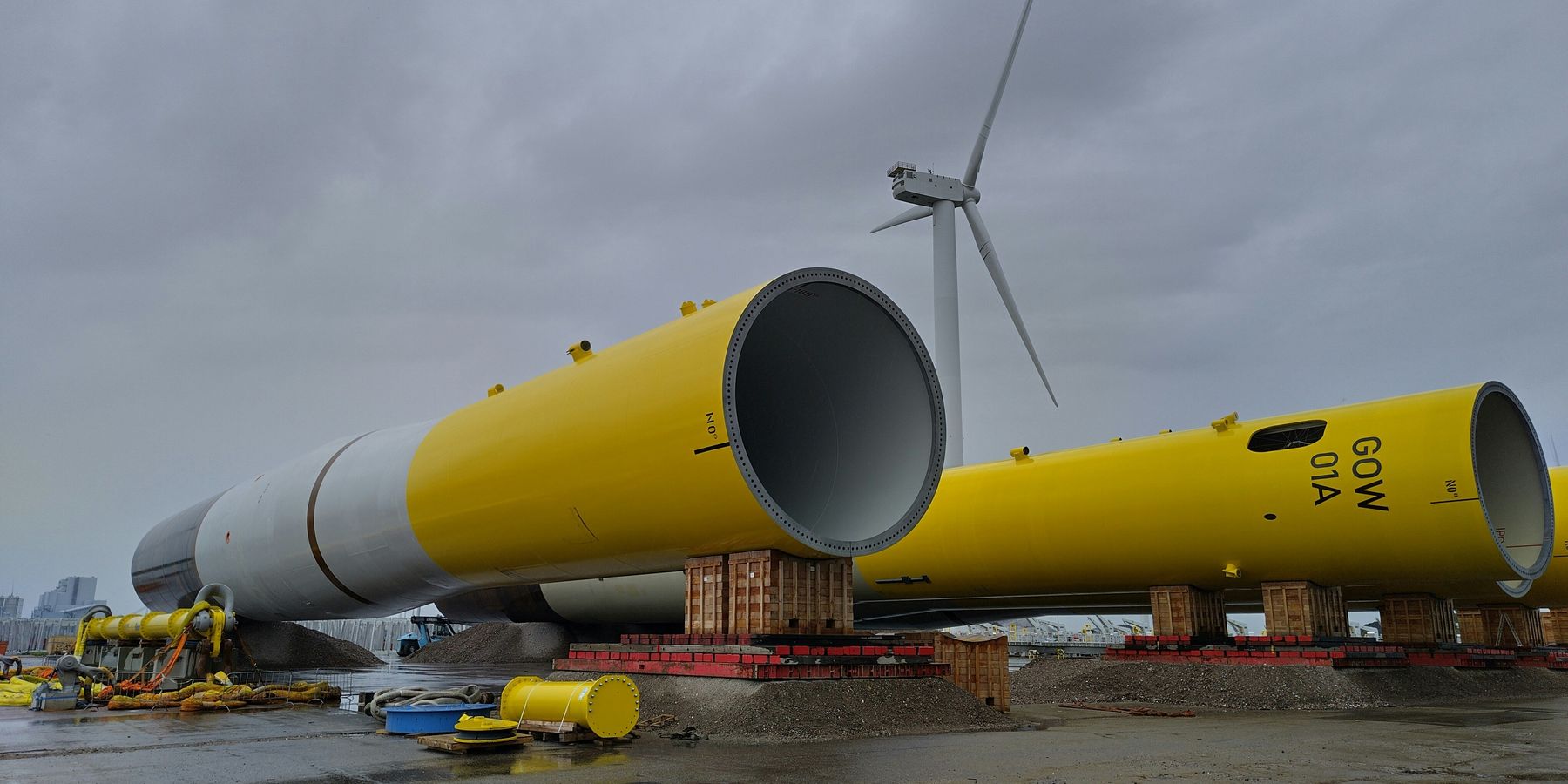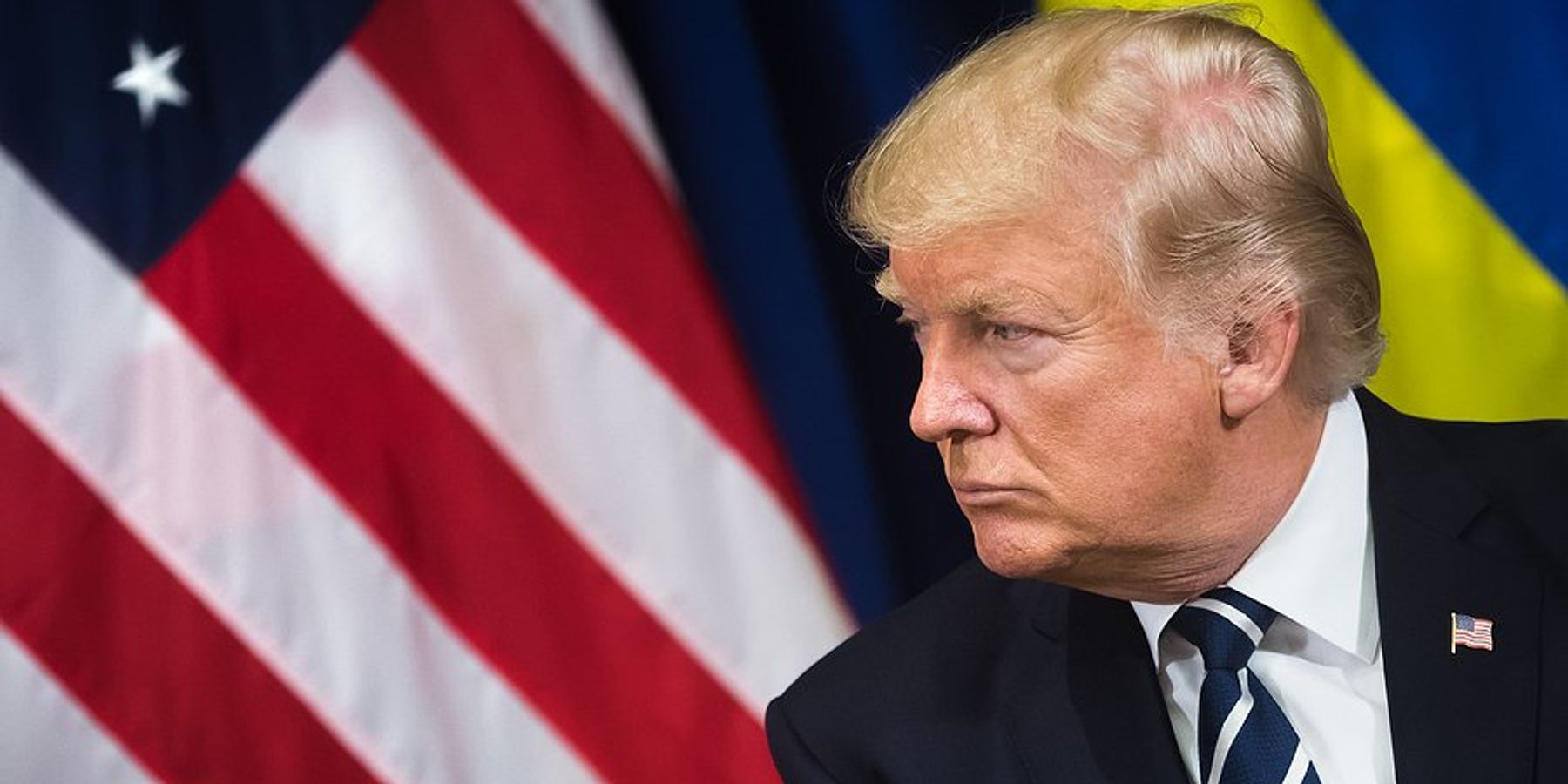nairobi plastics treaty
Vested interests pose threat to chemical waste and plastic pollution initiatives
Researchers warn that conflicts of interest will hinder efforts to tackle the world's pollution crises.
Plastics treaty discussions see surge in industry lobbying amid environmental concerns
Industry advocates are actively challenging the movement to reduce plastic production.
- Industry groups intensify lobbying efforts at plastics treaty negotiations in Nairobi.
- Environmentalists and scientists advocate for conflict of interest policies.
- The debate highlights the tension between commercial interests and environmental protection.
Key quote:
"There should be a screening of participants, and a disclosure of interests on affiliations and funding related to these conflicted industries.”
— Giulia Carlini, Center for International Environmental Law.
Why this matters:
Most plastics are made from fossil fuels and have impacts on human and ecosystem health at every stage of their production and use. The fossil fuel and plastic industries have pushed back against efforts to reduce plastic production. They've lobbied instead for waste management systems like so-called "advanced recycling," also known as chemical recycling -- a process that has been called out as a "dangerous deception" for solving plastic pollution, EHN reported earlier this month.
Your turn: What is the appropriate role for industry in plastic treaty negotiations?
AI-based tools helped produce this text, with human oversight and editing.
Weeklong negotiations for landmark treaty to end plastic pollution close, marred in disagreements
The world’s nations agree to fix the plastic waste crisis
A plastic pollution treaty, called Paris Plus, would come with a mandate—and more muscle than the climate accord.

